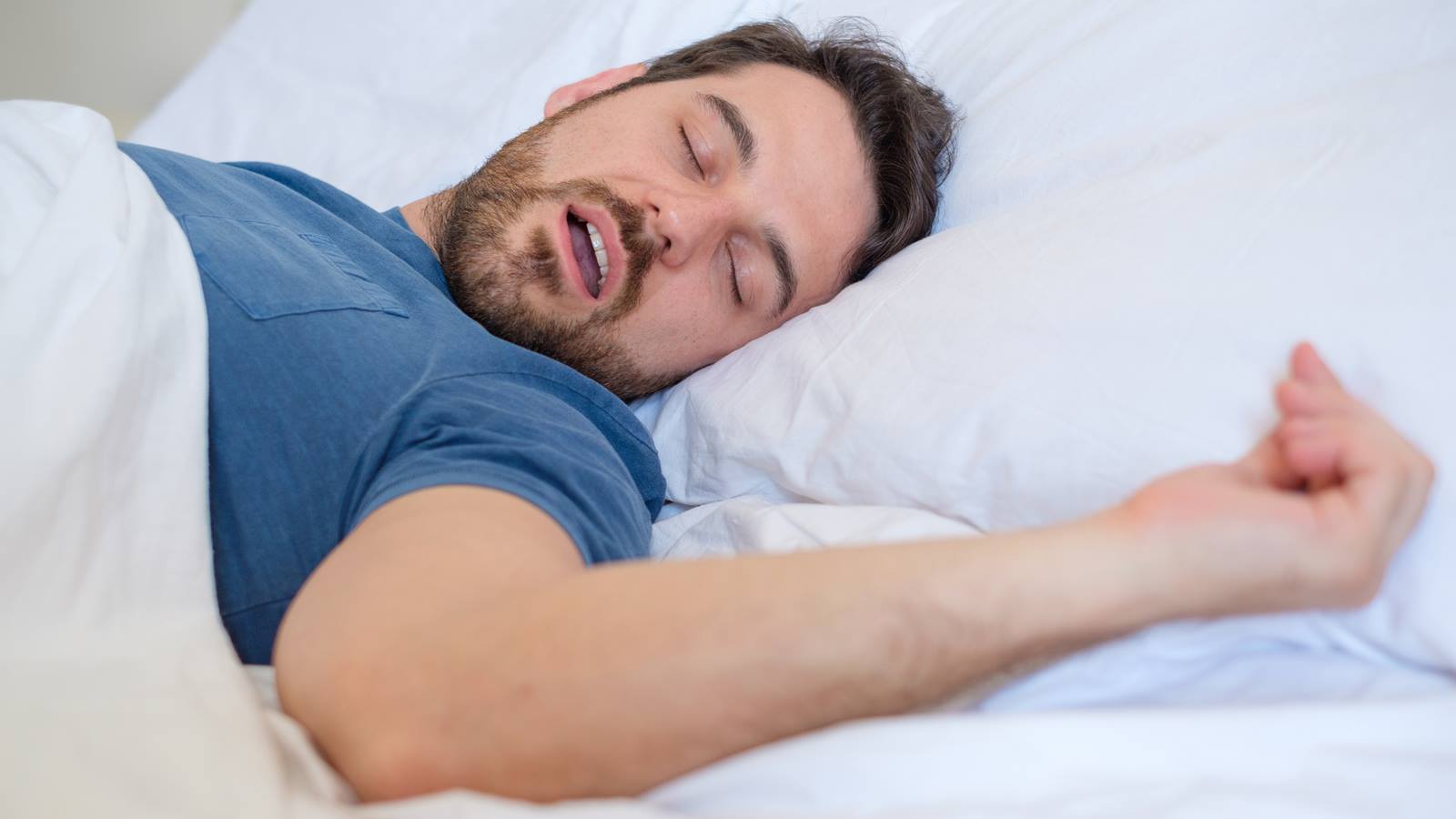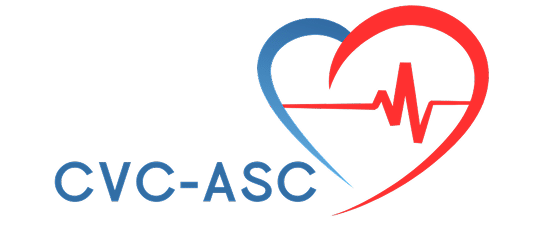
Sleep apnea is a serious condition that can lead to a number of problems, including high blood pressure. Cardiac and Vascular Consultants is the premier cardiology and vascular practice in Lake, Sumter and Citrus Counties as well as the surrounding areas in Florida. Our board-certified specialists can explain how sleep apnea affects your blood pressure and heart health.
Understanding Sleep Apnea
According to the American Lung Association, about 30% of adults in the United States suffer from obstructive sleep apnea (OSA). OSA occurs when the muscles at the back of the throat relax and collapse, causing a blockage in the airway. This can cause periods of cessation of breathing during sleep. The lack of oxygen triggers the brain to enter a state of panic, which then causes the involuntary reflexes to wake the person up in order to take a breath.
Individuals with OSA may have episodes of loud snoring, restless sleep, and deep, gasping breaths. However, they rarely awaken fully during these episodes, which can occur as many as 30 times per hour throughout the night.
Effects on Blood Pressure
When your breathing slows down or stops, your heart rate will drop. However, during an OSA episode, the adrenaline surge and other reactions caused by your nervous system kicking in to try and get you to breathe will cause your heart rate to accelerate quickly. This leads to an abrupt rise in blood pressure. When you experience apneic episodes frequently, your blood pressure will remain chronically elevated.
Persistently elevated blood pressure (hypertension) can have serious long-term effects, including stroke, heart attack, kidney failure, and vascular dementia. Left untreated, OSA can lead to a number of health complications, including heart failure, atrial fibrillation and other arrhythmias, type 2 diabetes, impaired immune system function, and abnormal liver function. OSA can also cause complications with general anesthesia and may make it difficult to breathe after surgery.
Treatment for Sleep Apnea
CPAP therapy is the most likely familiar treatment for OSA. With CPAP, a bedside machine delivers a continuous stream of air through a mask that you wear while sleeping. The air pressure keeps your upper airway passages open and prevents apnea. Other treatments for sleep apnea include oral appliances worn at night that shift your lower jaw forward slightly. This helps prevent muscles and other soft tissue structures at the back of your throat from collapsing.
Depending on the cause of apnea, surgery to remove excess tissue or reposition your lower jaw may be recommended for moderate-to-severe apnea that doesn’t respond to other therapies.
Taking Care of Your Cardiovascular Health
In addition to our cardiology services, we also offer help to those struggling with Sleep Apnea. Located in The Villages and Lecanto, FL, our dedicated team at Cardiac and Vascular Consultants is ready to assist you. Please call us at +1 352-633-1966 to schedule an appointment.


